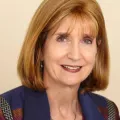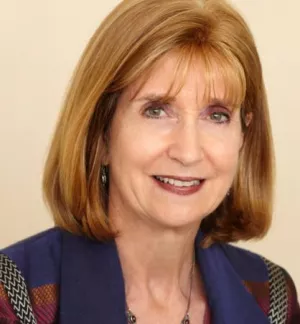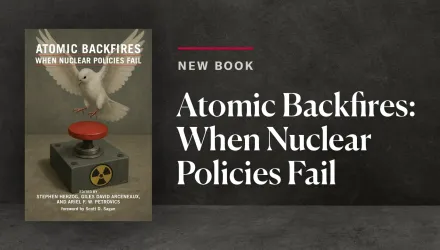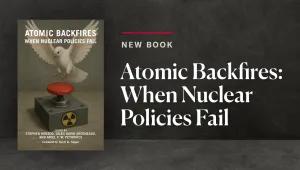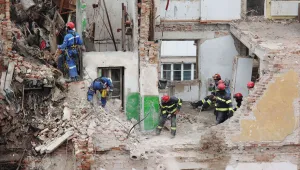A World Economic Forum White Paper
NOTE: This white paper is republished with permission from the World Economic Forum, the International Organization for Public-Private Cooperation. The views expressed in this paper are those of the Global Agenda Council on the United States and do not necessarily represent the views of the World Economic Forum or its Members and Partners....White papers describe research in progress by the Global Agenda Council and are published to elicit comments and further debate.
Introduction
The world order that was created in the aftermath of World War II has produced immense benefits for peoples across the planet. The past 70 years have seen an unprecedented growth in prosperity, lifting billions out of poverty. Democratic government, once rare, has spread to over 100 nations around the world, on every continent, for people of all races and religions. And, although the period has been marked by war and suffering as well, peace among the great powers has been preserved. There has been no recurrence of the two devastating world wars of the first half of the 20th century.
Today, however, that liberal order is being challenged by a variety of forces – by powerful authoritarian governments and anti-liberal fundamentalist movements, as well as by long-term shifts in the global economy and changes in the physical environment. The questions we face are whether this liberal world order is worth defending, and whether it is capable of surviving the present challenges. We believe the answer to both questions is an emphatic “yes”.
To say that a “liberal” world order is worth defending is, of course, a declaration on behalf of a certain set of principles – a belief that the rights of the individual are primary, that it is the responsibility of governments to protect those rights and that democratic government, in particular, offers the best chance for human dignity, justice and freedom. This is not a universally held view. The leaders of some nations and more than a few people around the world disagree on this hierarchy of values.
There is, and always has been, a division about how nations should be governed, and about the differences in and between democratic and autocratic forms, the role of religion and the connections to economic structures. While recognizing that these differences exist and that every structure has its failings, the authors of this report are confident in their conviction that the liberal world order offers the best hope for meeting human aspirations, both material and spiritual, and for calling forth the very best in people across the world.
To strengthen and preserve this order, however, will require a renewal of American leadership in the international system. The present world order has been forged by many hands and peoples, but the role of the United States in both shaping and defending it has been critical. American military power, the dynamism of the US economy and the great number of close alliances and friendships that the United States enjoys with other powers and peoples have provided the critical architecture in which this liberal world order has flourished. A weakening of America’s commitment or its capabilities, or both, would invariably lead to its collapse....
[Read the complete paper in this attached PDF.]
Dobriansky, Paula J., Global Agenda Council on the United States and Robert Kagan. “Strengthening the Liberal World Order.” World Economic Forum, April 2016

